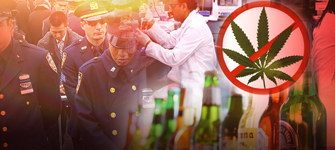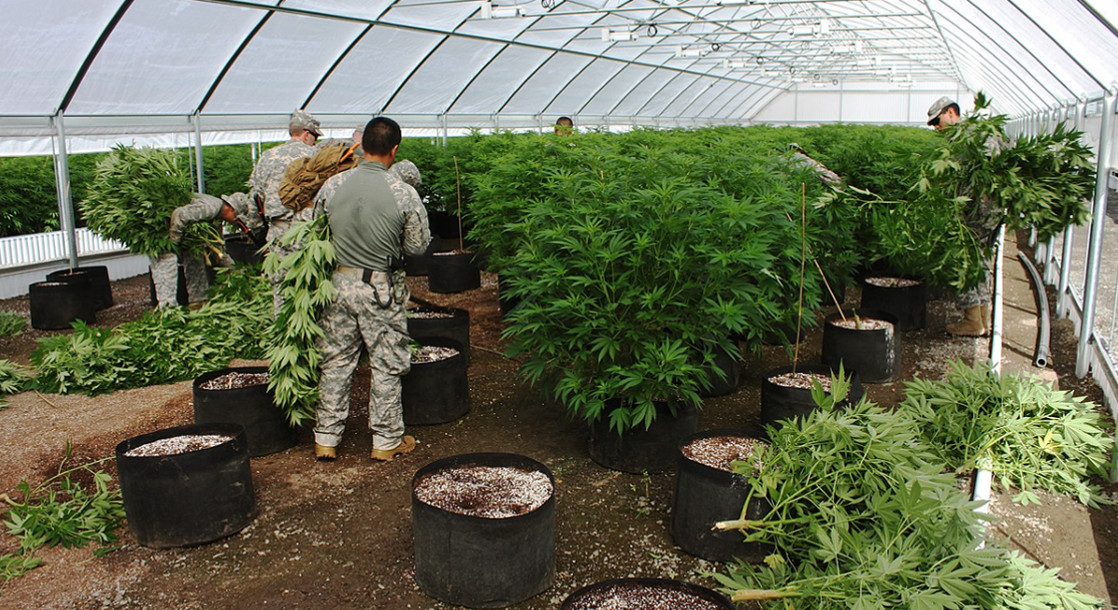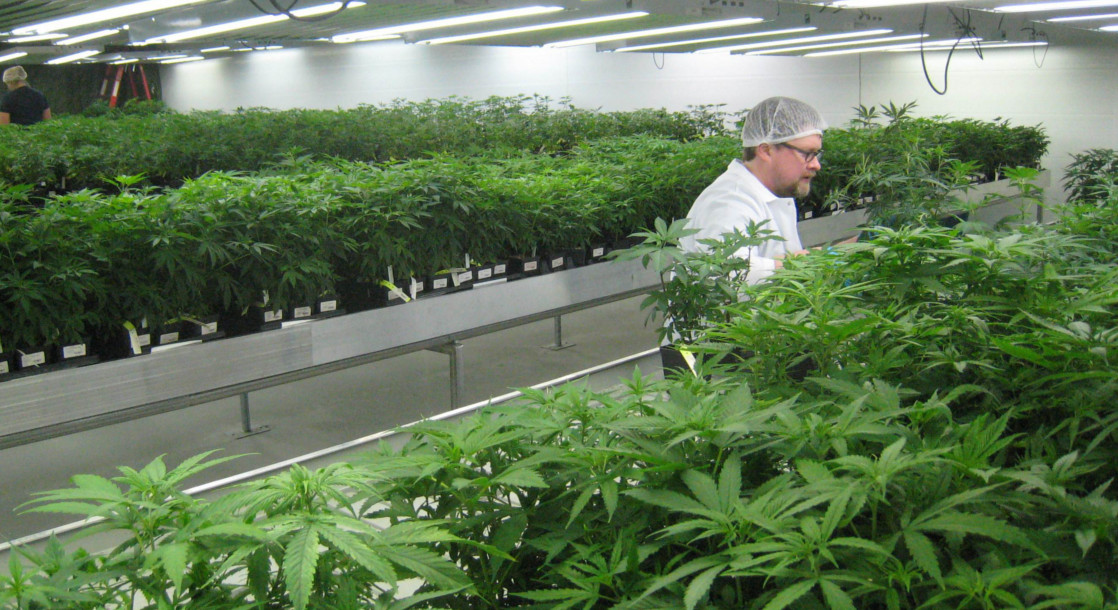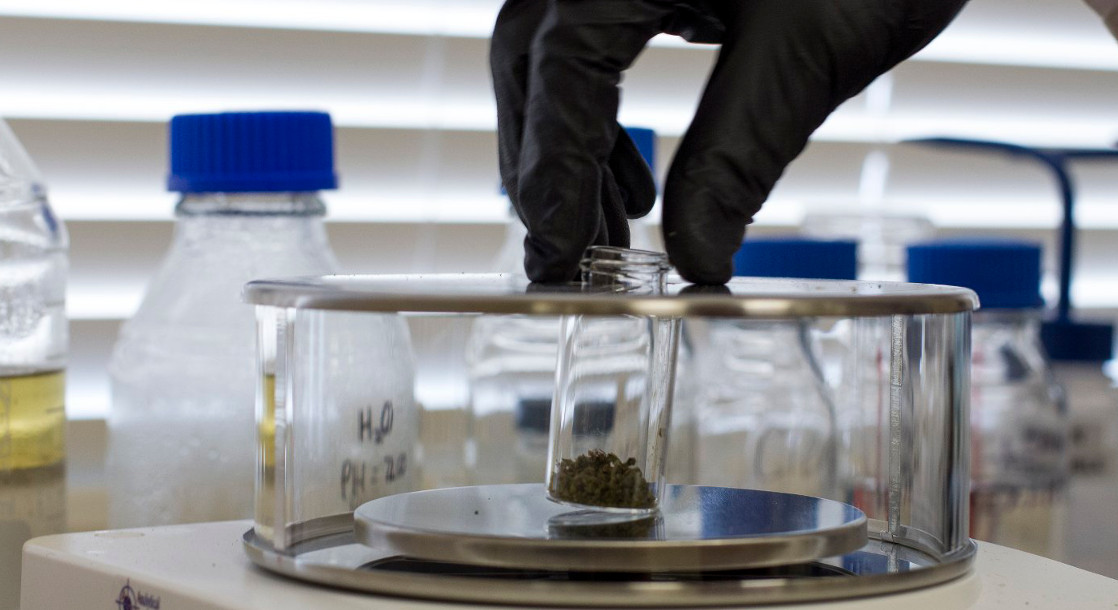Things might be slowly starting to change in favor of the legalization movement in America, but with well-financed opponents bending the ears of lawmakers in Washington, the battle is far from over. The reality is, most of these organizations aren't interested in the medicinal value of marijuana or how it can positively affect the lives of millions of Americans; they're looking to maintain their bottom lines. Money has been a powerful motivator for each of these villains in the battle for your access to legal weed.
1. Pharmaceutical Companies
If you're looking to blame any one industry for delaying the legalization of marijuana, look no further than big pharma. The world of prescription drugs relies on patents to keep competition away and prices high. Whole-plant marijuana legalization would change that, as overnight people could turn away from the pharmaceutical industry and towards the more holistic approach that comes with marijuana. Already, companies have been making cannabinoid-based drugs, which are non-psychoactive medicines derived from marijuana. Since they don't involve the whole plant, these drugs can be patented and sold by pharmaceutical companies. As such, the companies can capitalize on the benefits of weed without worrying about competing with the plant itself.
2. Alcohol Industry
Aside from prescription drugs, the only other legal high in America comes from booze. The alcohol industry has invested heavily in lobbying efforts to keep the competition away, retaining a virtual monopoly on getting you fucked up. Back in 2010, they made significant contributions to oppose California's Proposition 19, and even partnered with law enforcement to help drive the message home that marijuana is bad. In doing so, they sent a clear message that their industry felt threatened by a recreational product that was safer and less addictive than its own.
3. Corrections Corporations of America
These guys have a stake in the game, too. After all, they get a bunch of money for every person incarcerated at one of their facilities. Marijuana offenders might only make up a small percentage of those being held, but the legalization of marijuana could set a precedent that might lead to broader reforms for drug possession. The private prison industry in the United States gets its money from filling cells and anything that could lead to a reduction in the number of inmates would be detrimental to the industry.
4. Police Unions
Much like the private prison industry, police are heavily invested in the drug trade. Even though some police chiefs have pushed for drug reform, the departments still receive significant portions of their budgets from DEA initiatives to combat the sale and possession of narcotics. This money goes to hiring cops, purchasing cars and guns and also helps when they want to buy any fancy armored toys. It's pretty clear it's no longer about "to serve and protect", especially when upstanding law enforcement members get busted for buying the same products they're supposed to be keeping off the street.
5. Drug Free America Foundation
Led by Calvina L. Fay, the Drug Free America Foundation and several similar prohibitionist groups lead middle-class America's battle against the "Devil's lettuce". Officially, the organization states that it doesn't receive funds from alcohol or tobacco companies, but their annual report highlights numerous donations from dozens of pharmaceutical companies. Fay and her companies are not only against the legalization of recreational marijuana, but are also vocally against its use as a medicine. These only represent a few of the most vocal and well-funded groups in the nation, but many more are motivated by histrionics, religious beliefs and bad science. Each of these groups has a conflict of interest when it comes to the legalization of marijuana, mostly because the plant represents new competition. Drug companies in particular should feel ashamed for pretending to provide people with the help they need while denying them the help they can afford. With villains like these, the journey to legalization in America may be a hard battle to win.
 Photo: Gl0ck / Shutterstock, Ian Sane
Photo: Gl0ck / Shutterstock, Ian Sane











